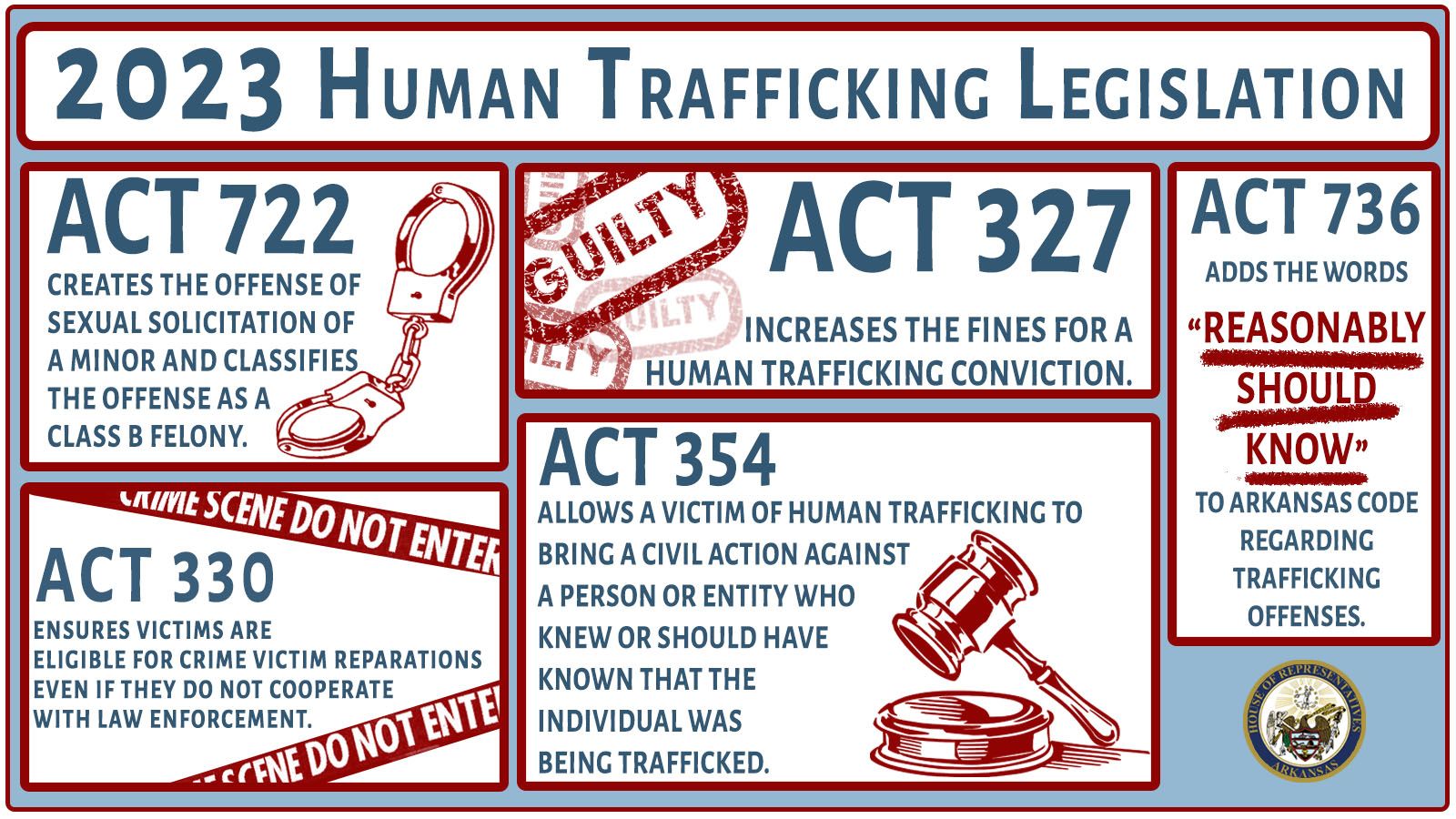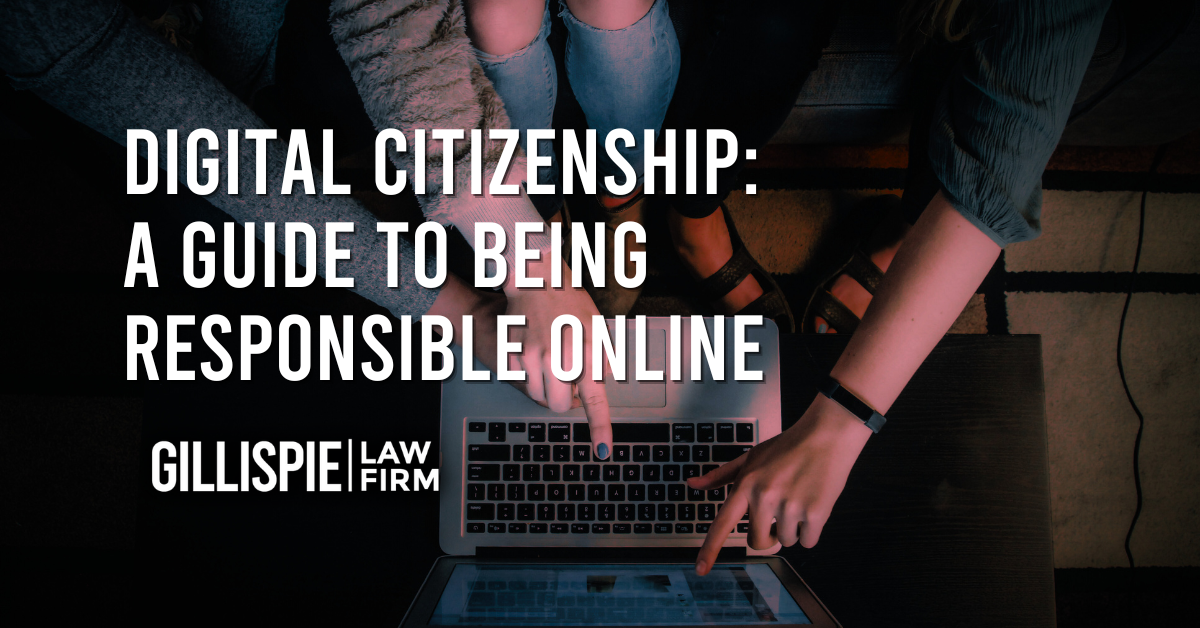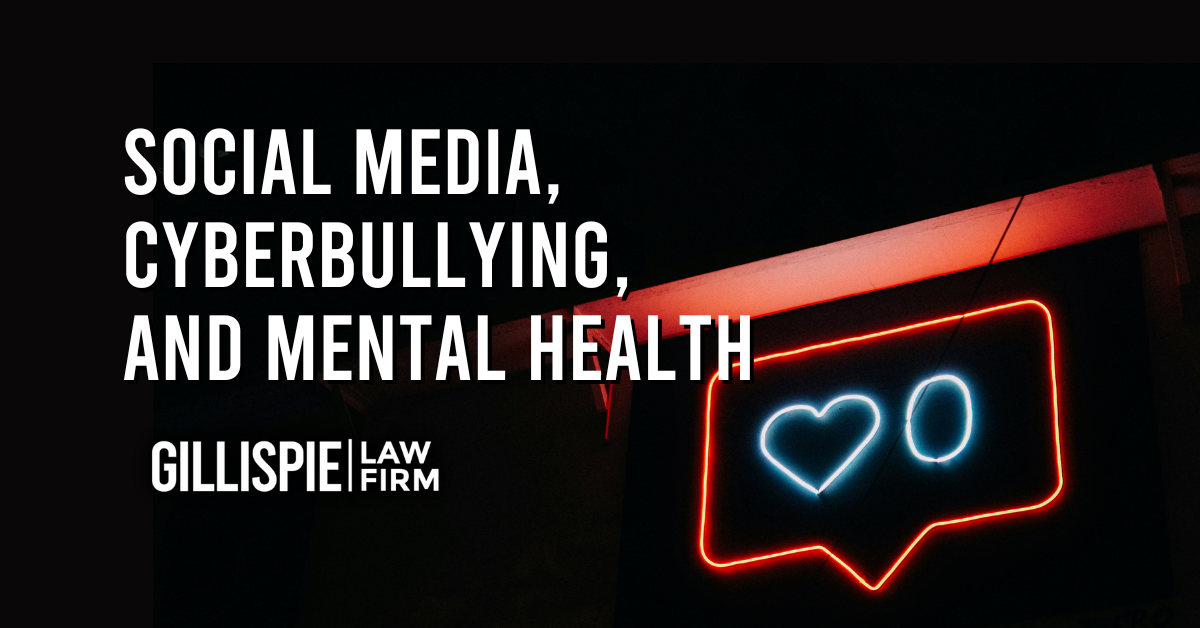Sex Crimes in Arkansas (Updated June 2024)
Arkansas has a checkered past when it comes to sex crimes and how it handles them. With a lack of education, awareness, training, and resources, Arkansas struggles to support and protect most survivors. However, there is legislation and programs that are at work within the state to help improve the areas that are lacking.
Sex Crimes in Arkansas and How We’re Fighting Back
Arkansas has the second-highest rape rate per capita in the country.
Statista Research Department published their data regarding forcible rape across the 50 states. Arkansas is second on the list with 76 rapes per 100,000 residents.
Improvements in the Works:
The Arkansas Commission on Child Abuse, Rape and Domestic Violence work to assess sexual violence prevention measures across the state. They, and their partners, offer the Safe Bars program to bars, clubs, and other hospitality businesses. The end goals of this training are:
- Increasing understanding of the scope and causes of unwanted sexual aggression.
- Increasing recognition of problematic behavior contributing to sexual and relationship violence.
- Teaching staff how to safely and appropriately handle these situations, whether by stepping in immediately or helping when asked.
- Promoting establishments that adopt safety standards.
Other organizations, like the Ozark Rape Crisis Center, offer training and community outreach programs. They prevention education to schools, churches, and professional groups.
Human trafficking cases are on the rise.
Since 2007, the National Human Trafficking Hotline has identified 557 cases (nearly 1,500 victims) of human trafficking in Arkansas. In 2021 alone there were 74 human trafficking cases involving 168 victims.
Improvements in the Works:
Arkansas legislators have introduced a number of bills and acts regarding victims of sex crimes. One of those is the Justice for Vulnerable Victims Of Sexual Abuse Act that enables survivors of childhood sexual abuse a chance to pursue justice where they had been previously barred due to the statute of limitations. Already in 2023, Act 354 and Act 330 have been passed. These bills allow for victims to sue their traffickers and anyone who aided in the trafficking in civil court and makes victims eligible for reparations even if they do not cooperate with law enforcement. Furthermore, the Arkansas Human Trafficking Council was established in 2023. The council, led by the Arkansas State Police, will set guidelines to identify human trafficking victims, prosecute cases at all levels, and provide quality services to meet victims’ needs.
Due to Arkansas’s high poverty rate there are few resources available for victims.
As of 2019, Arkansas ranked in the top five states in the country for poverty. 19 of the state’s 75 counties have a poverty rate of 25% or greater. This high rate of poverty means that there are fewer shelters and crisis centers. This also means that there are fewer people available to distribute the already tight resources.
The Covid-19 pandemic also had an affect on these statistics. While on paper it appears there were less sex crimes committed during the pandemic, in fact there were just fewer reports. Many feared going to the hospital and contracting Covid-19. Rape crisis centers reported a 40% increase in demand for resources at the beginning of the pandemic, while also suffering from understaffing and office closures.
Improvements in the Works:
There are several state-wide programs, like Victims of Crime Act (VOCA) and Sexual Assault Services Program (SASP), which are federally funded. VOCA supports crime victim assistance projects that improve direct services for survivors. They also provide training and technical assistance to service providers. SASP provides intervention, advocacy, accompaniment, support services for those affected by sex crimes. Both of these programs also work to provide advocates and support through the medical, criminal justice, and social support systems, including medical facilities, police, and court proceedings.
Arkansas lacks access to healthcare for victims of sex crimes.
In March 2021, Governor Asa Hutchinson signed into law Act 309 that only permits abortions when the mother’s life is in danger, with no exceptions for rape victims. A month later, he signed SB463. This amendment allows an exception to the previous act for rape victims or victims of incest. However, they would first have to report the assault to police before they could receive an abortion and it would be documented in their medical records. Victims are already hesitant to report their assault, as approximately two-thirds of all rape and sexual assaults go unreported. Those in opposition of the bill remarked that the requirements would traumatize victims further and violate their private health information.
Improvements in the Works:
Earlier this year, Attorney General Tim Griffin has certified a citizen-initiated constitutional amendment on abortion. This amendment would allow victims of rape or incest abortion access without having to file a police report. If the organizers behind it can get 90,704 signatures from registered voters by July 5, 2024, then Arkansans will be able to vote on the issue in November.
Arkansas also has the Crime Victims Reparations Board which provides compensation to victims who have suffered personal injury or death as the result of violent crime. Their definition of ‘victim’ includes those effected by rape and sexual assault. The Board also reimburses healthcare facilities for the cost of processing a rape or sexual assault. In 2023 alone, the Crime Victim Reparations Board was able to pay $1,815,310 in reparations to victims.




